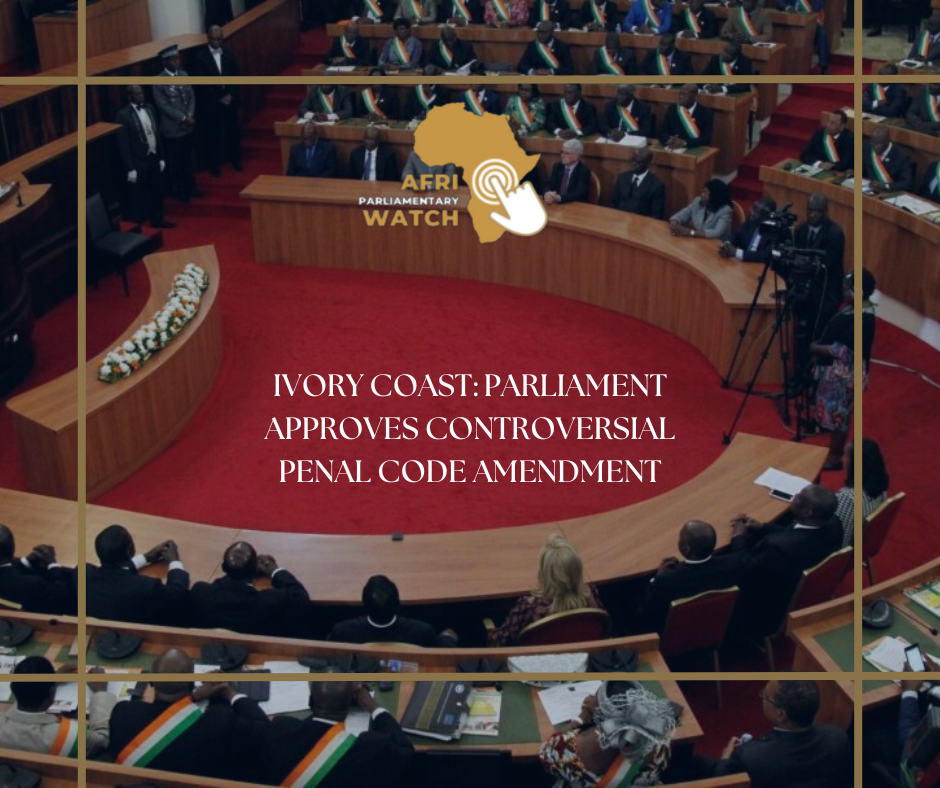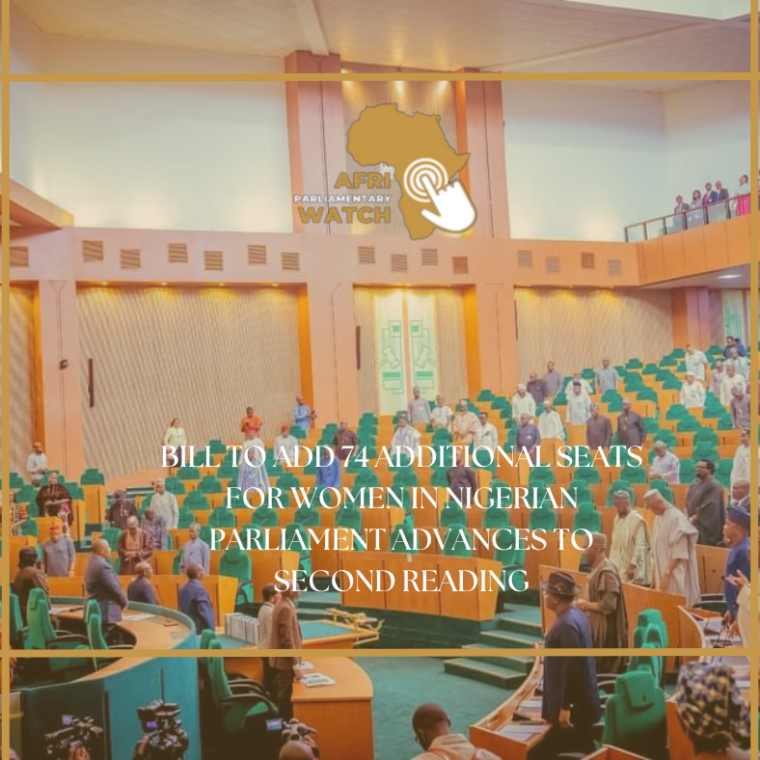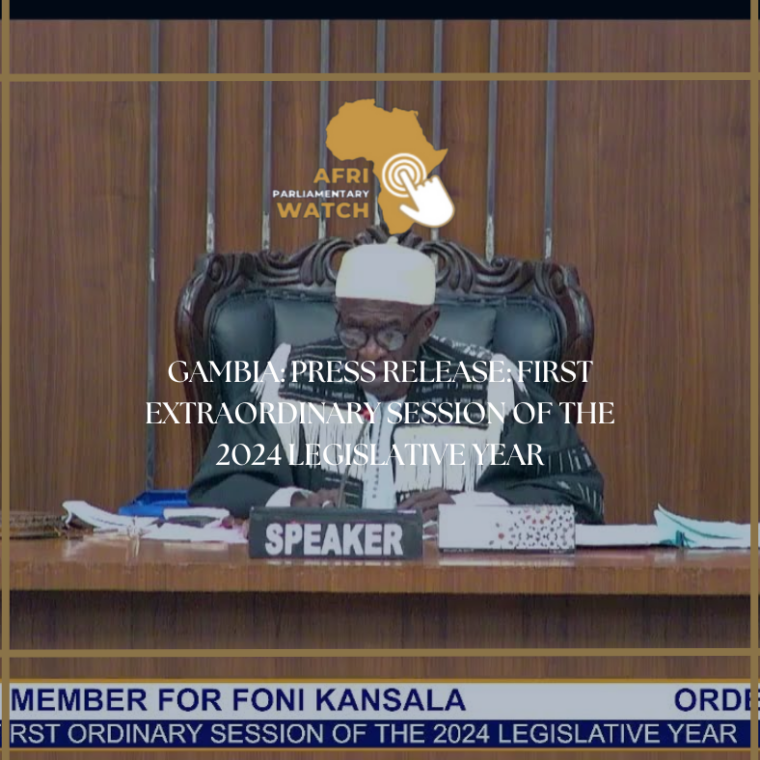On June 6, 2024, Côte d’Ivoire’s National Assembly passed a bill amending the penal code to enhance measures against terrorism and money laundering. The Ivorian Senate followed suit on June 12, and the bill is now expected to be signed into law by the president.
While the bill has garnered broad support, opposition parties have raised concerns about a specific provision they argue threatens freedom of expression. The amendment to Article 185 of the Penal Code introduces penalties for anyone who “appeals to the public with the aim of disapproving of the authority and provoking solidarity with one or more convicts.”
Previously, Article 175 of the 1981 Penal Code made it illegal to show solidarity with individuals convicted of serious crimes such as murder, theft, or human rights violations. The 2024 amendment extends this prohibition to encompass solidarity with individuals convicted of any crime.
The amendment, supported by the ruling Rassemblement des Houphouëtistes pour la Démocratie et la Paix (RHDP) party, has been criticized by opposition groups, including the Parti Démocratique de Côte d’Ivoire (PDCI), Rassemblement Démocratique Africain (PDCI), and Parti des Peuples Africains-Côte d’Ivoire (PPA-CI).
PDCI deputy Me Blessy Chrysostome condemned the bill, arguing that it threatens freedom of expression and the right to protest. He warned that even expressing critical opinions about a conviction could now be punishable under the new Article 185, infringing on freedom of opinion and political expression.
Supporting the bill, RHDP executive Abdulaye Ben Meité cited a hypothetical example involving Laurent Gbagbo, noting that public appeals in solidarity with Gbagbo could be prosecuted under the new provisions.
Senator Kouadio Kpli Delphin of the PDCI criticized the revised Article 185 as an infringement on personal freedoms. The PDCI had proposed an amendment to exclude political, trade union, and religious opinions from the scope of Article 185, but this amendment was not accepted.
The Front National Démocratique et Réformiste (FNDR), another opposition party, has called for public resistance against the amendment, arguing it contradicts Côte d’Ivoire’s international human rights obligations, especially regarding freedom of expression and peaceful assembly.
In defense of the amendment, Meité stated that Article 185 “has existed since 1981” and only underwent simplification without altering its core substance. Minister of Communications Amadou Coulibaly justified the amendment by stating that it aligns the penal system with contemporary societal issues, broadening the scope of “apology” to include a wider range of crimes.





